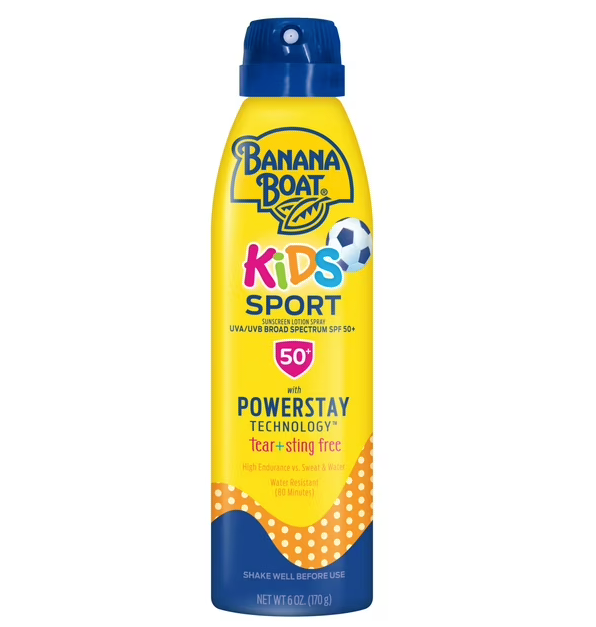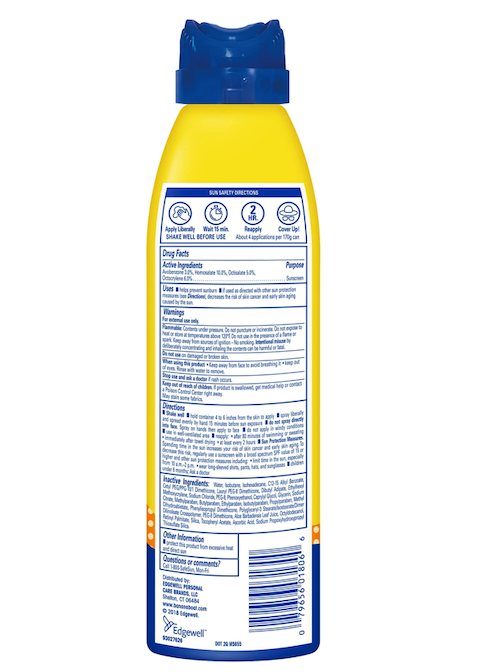Sunscreen is our trusty shield against the sun's harsh rays, and when it comes to choosing the right one, mineral sunscreen has been gaining popularity. But like any superhero, it comes with its own set of strengths and vulnerabilities. Let's explore the pros and cons of mineral sunscreen to help you make an informed decision for your sun care routine. Learn What is a Mineral Sunscreen?
Pros:
1. Broad-Spectrum Protection:
Mineral sunscreens, often containing zinc oxide and titanium dioxide, offer broad-spectrum protection against both UVA and UVB rays. They create a physical barrier on the skin, reflecting the sunlight away.
- What is Broad-Spectrum Protection? It means that the sunscreen is designed to protect your skin from both harmful UVA (ultraviolet A radiation) and UVB (ultraviolet B radiation) rays. Learn More about The different types of sun rays.
2. Gentle on Sensitive Skin:
Ideal for those with sensitive or allergy-prone skin, mineral sunscreens are generally less irritating. The physical blockers sit on the skin's surface, making them less likely to cause irritation compared to some chemical sunscreens. Learn More about Ingredients that might cause skin irritation.
3. Immediate Effectiveness:
Mineral sunscreens start working as soon as they are applied, providing instant protection. This is especially beneficial for those who don't want to wait for chemical sunscreens to absorb into the skin.
4. Environmentally Friendly:
Mineral sunscreens are often considered more environmentally friendly as they do not contain certain chemicals that may harm marine life. They are reef-safe and a conscious choice for eco-conscious consumers.
Cons:
1. White Cast:
One of the most common complaints about mineral sunscreens is the potential for a white cast on the skin. This is due to the physical particles sitting on the skin's surface. While formulations have improved, some may still find the residue noticeable.
2. Thicker Texture:
Mineral sunscreens tend to have a thicker consistency, which can make them harder to spread compared to chemical counterparts. This may result in a heavier feel on the skin, depending on the formulation.
3. Limited Water Resistance:
Mineral sunscreens might be less water-resistant than some chemical sunscreens, making them less suitable for prolonged water activities. Reapplication after swimming or sweating is crucial for continuous protection.
Conclusion:
In the world of sun protection, mineral sunscreen stands as a reliable guardian, especially for those with sensitive skin and a concern for the environment. While it comes with its quirks, such as the white cast and thicker texture, the benefits often outweigh the drawbacks.
Ultimately, the choice between mineral and chemical sunscreens depends on personal preference, skin type, and lifestyle. Whichever you choose, the key is consistent application and reapplication for effective sun protection. So, go ahead, embrace the sun safely, and let your skin shine, shielded by the minerals that nature provides.



